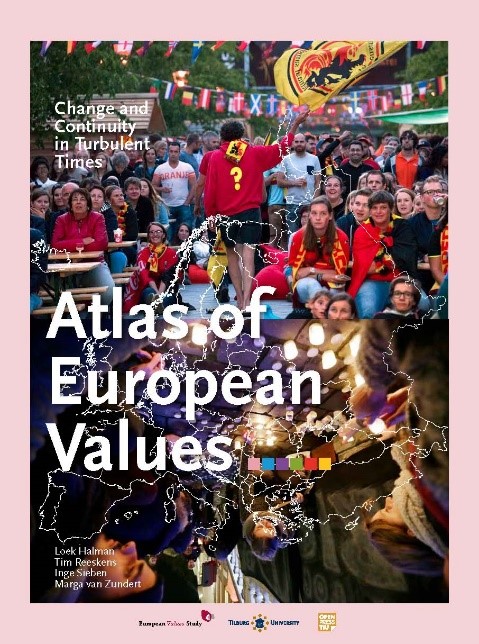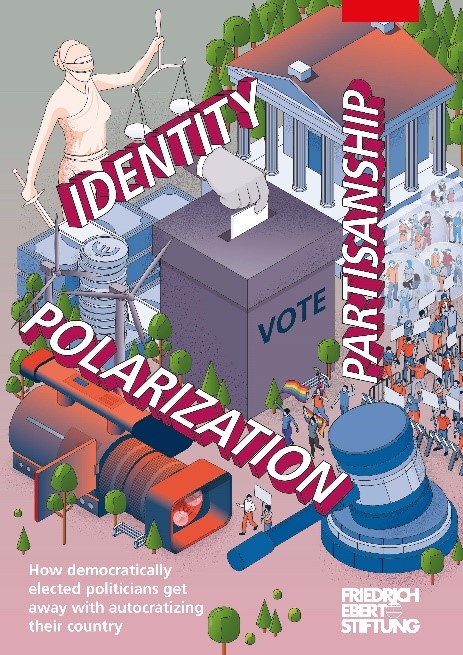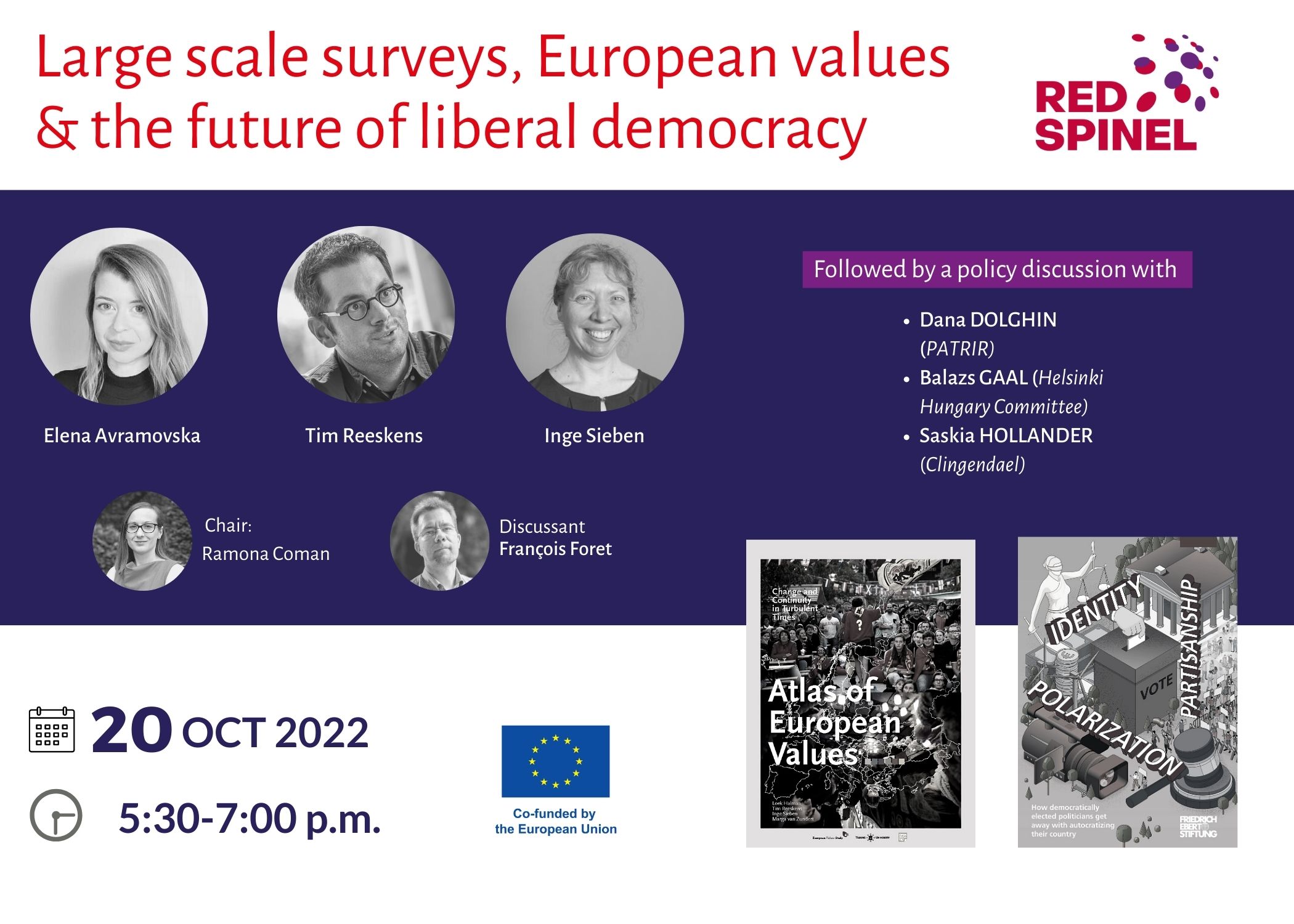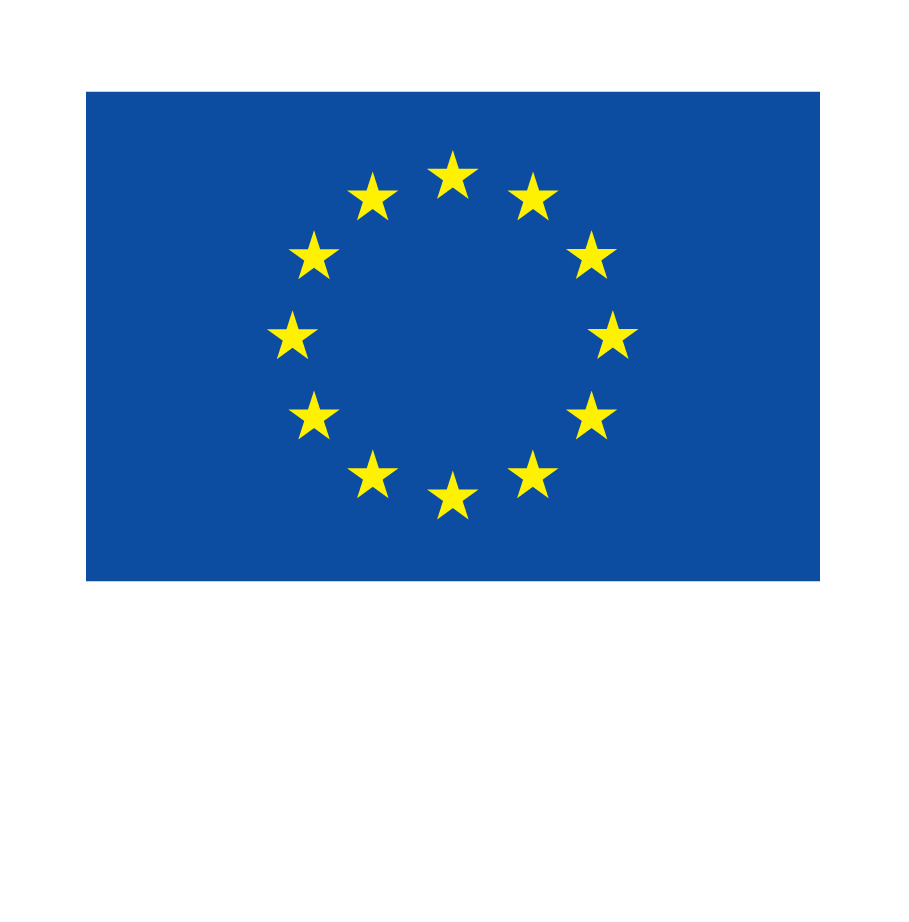As part of the Kick-off event for RED-SPINEL’s project, a Keynote panel entitled What do large scale surveys have to say on European Values and the Future of Liberal Democracy? will take place in Brussels on October 20th, in the premises of the Institut d’études européennes (ULB), coordinator of the project.
The panel is composed of Inge Sieben and Tim Reeskens, Co-Editors of the 2022 Atlas of European Values, as well as Ebna Avramovska, Senior Researcher for Democracy, Society and Youth at the Friederich Erbert Stiftung foundation.
Surveys on Values :
The two recently published large-scale open-access surveys, the Atlas of European Values and the FES report on Identity, partisanship, polarization, How democratically elected politicians get away with autocratising their country? crystalize a set of key value considerations, priorities, and calculations among the wider European citizenry.
The Atlas has been recording Europe’s diversity since the 1980s and is compiled every nine years for scientific and educational purposes. It documents what Europeans find important in life, the major societal issues, and how attitudes converge and diverge over time. This new edition poses pressing questions of particular interest to the issue of mounting dissensus on liberal democracy and the rule of law, such as what the basis is for trust and solidarity in democratic and diverse societies. The conclusions presented in the Atlas are based on survey data collected within the framework of the European Values Study (EVS), a large-scale, longitudinal and cross-national survey research project on basic human values.

The Friedrich-Ebert-Stiftung’s report Identity, partisanship, polarization, How democratically elected politicians get away with autocratising their country seeks to answer the question of what motivates voters to support candidates who violate democratic norms. This question is particularly pertinent in light of the ongoing trend of autocratisation across Europe and speaks directly to the effort centred on unpacking current forms of dissensus. The conclusions presented in the report are based on a commissioned representative survey with 10,001 interviewees in Germany, Poland, Sweden, Spain, Estonia, Ukraine and Serbia.

RED-SPINEL & European Values:
In its aim to understand the specificities of today’s forms of dissensus, RED-SPINEL can benefits from the conclusions of these two surveys, notably on their implications for the prospects of the rule of law and liberal democracy in Europe.
The European Union conceives of itself as a peace project founded on the respect for human dignity, human rights, freedom, democracy, equality, and the rule of law. These are the fundamental values, common to the Member States that the European Union repeatedly professes in its internal and external policies. However, recent evolutions stress a mounting wave of dissensus surrounding these common values. Paradoxically, often in the very name of European values and identity, illiberal, populist and at times anti-democratic actors seek to (re)define liberal democracy but then in opposition to multiculturalism and the rule of law. As challenges against the common values enshrined in the treaties increase, researchers, experts, and citizens are struggling to find solid ground to understand them
One of the key challenges facing researchers today is to anchor any interpretation of said mounting dissensus beyond the anecdotal, immediate, or specific. This quest for comprehensive explanations able to make sense of the observable dissensus raises questions on what large scale surveys have to say on values and the future of liberal democracy in Europe.
The panel:
Over the course of around 20 minutes each, the presenters will be invited to detail both the methodological choices and initial conclusions of their work and what it might imply with regards to contemporary forms of dissensus surrounding liberal democracy and the rule of law. Subsequently, academics and experts will be invited to discuss the surveys, focussing on their implications for future research on the mounting dissensus facing European liberal democracy and the rule of law. Ultimately, the floor will be opened for a concluding Q&A session with the attending researchers involved in the joint research effort.

